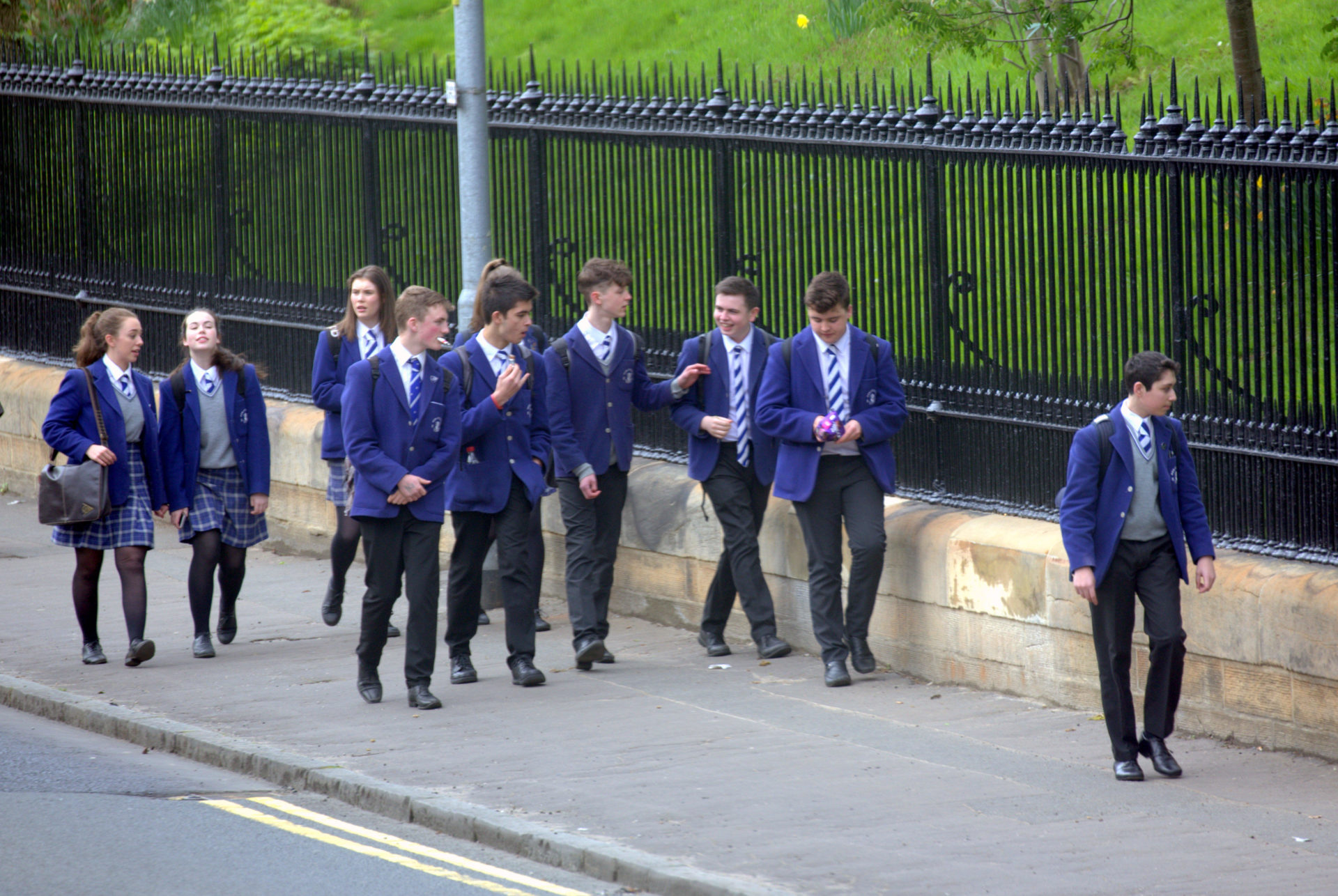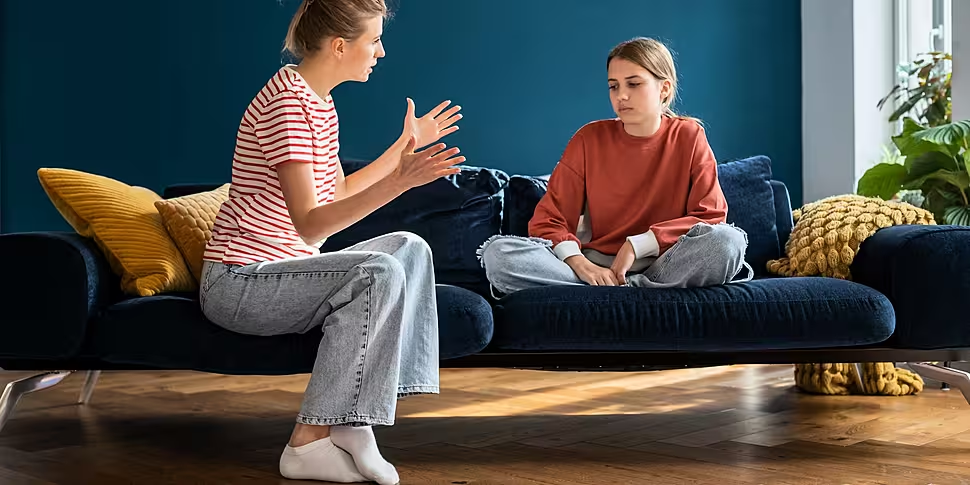Keeping up with current affairs can be stressful and confusing even as an adult – but what happens when your children take up a vested interest in world events?
This week on 'Parenting', one mother asked for advice on how to manage her son's interest in and comments on the conflict in Gaza.
“My 13-year-old son is very conscientious and, in the past, has been quite emotionally affected by news stories - it’s reached a bit of a troubling head,” she told Moncrieff.
“I’ve heard him parroting quite inflammatory phrases in relation to the conflict in Gaza and claiming that groups of boys in his school were on one side or another.
“Just to be clear, there’s no one in his class or in school that would be saying this, so I don’t know where he’s picking these things up.
“This is obviously a troubling and difficult conflict, and, in a way, I don’t want to open up the discussion too much.
“I really wish he could steer clear of difficult news stories for a few more years, but I guess that’s not going to happen. What should I do?”
 British school children on street messing about walking home from school the high school of Glasgow. Image: gerard ferry / Alamy. 18 April 2017
British school children on street messing about walking home from school the high school of Glasgow. Image: gerard ferry / Alamy. 18 April 2017Family psychotherapist Joanna Fortune said she wouldn’t be so sure that this boy isn’t picking things up from his peers.
“First of all, he’s 13, so I’m wondering, does he have a smart device?” she said.
“Because if he has a smart device, he has access to news and particularly news through the lens of social media, which is a very particular way of accessing news.
“It’s very much following people who have very strong views one way or the other, depending on who he’s following.
“Same with his classmates or his schoolmates. I think it’s highly probable that this is being discussed at least in some way.
“The kind of news stories that are being referenced here, they’re all over social media, so I would much rather that he’s watching and discussing it with his parents, that you’re doing that together than he’s online alone hearing goodness knows what.”
Open conversation
Joanna said that while this boy clearly has an interest in current affairs, it shouldn’t be assumed that he has all his facts straight, and an open conversation with his parents could help put things into perspective for him.
“You definitely have to talk about it,” she said.
“I think because he’s interested in current affairs, invite him to chat to you as if he was a journalist.
“Just say, ‘Imagine you’re interviewing me, ask me all the questions’, or, ‘You present what you know about the news story, and I’ll respond to you and we could be having a debate’.
“Really what you’re getting across there is a more rounded narrative so that even if he doesn’t agree, he’s hearing and aware of another perspective on whatever it might be.”
According to Joanna, “we need to be talking with our teenagers about what’s happening in Gaza,” as it is something they will grow up hearing about whether we like it or not.
Main image: Mom talking with teen girl sitting on couch at home. Image: Zoonar GmbH / Alamy. 9 November 2024









